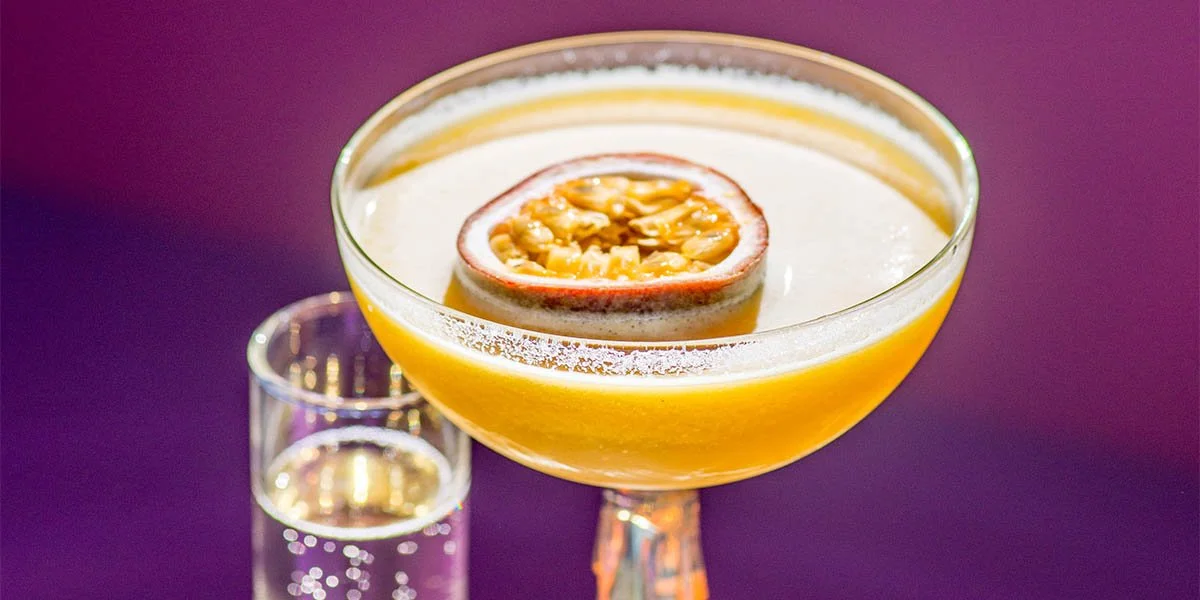As London prepares itself for its first night of Cocktail Corruption with the London Cocktail Week kickoff, let’s take a minute to learn from the millennia of experience human beings have with hedonistic drinking festivals - all the way back to the gods of Greco-Roman times.
Bacchus, known primarily as Dionysus, is the Greek god of wine including winemaking and the grape harvest. Some historians cite evidence that places worship of Bacchus as far back as 1500 BC and numerous cults sprung up in his honour over time, including in those Greek colonies that settled in Southern Italy.
The Roman Bacchanalia grew out of influence from these Southern groups, as well as the Greek-influenced Etruscans that occupied the region just north of Rome, and first appeared in Rome around 200 BC. The Roman historian Livy traces Bacchanalia’s origins back to one women, a priestess of Bacchus and leader of a mystery cult, Paculla Annia. Mystery cults required members to be initiated and were tolerated by Roman authorities which allowed the Bacchanalia to spread.
The festivities, originally held three times per year during daylight hours and attended solely by women in Rome, quickly grew in intensity and frequency as an Etruscan version, held at night five times per month and attracting followers of both sexes, quickly became the norm.
Although artists of past centuries have largely depicted the events held in Bacchus' honour as joyous occasions, early Bacchanalia were in fact rife with violence and sexual abuse. Cult followers seem to have been drawn by the appeal of extreme hedonism - the drinking, feasting and orgies - only to be taken advantage of by cult priests that held followers to strict vows of secrecy of Bacchanalia happenings. Those who divulged the cults' practices were promptly expelled or worse.
In fact, it was an ex-cult member that led to the rapid repression of the mystery cults. A Bacchanalia follower and prostitute, worried for her upper-class clients who were becoming patrons of the cult, alerted politicians as to the cults' ceremonies. The Roman Senate issued a decree (Senatus consultum de Bacchanalibus) in 186 BC virtually banning the Bacchanalia as it had become considered a security threat due to its rapid spread and growing upper-class associations. Up to 7,000 cult members were arrested and many were executed. Bacchanalia festivities in and around Rome became integrated with worshipers of the Roman wine god, Liber Pater, which translates to “The Free Father”, while the original Bacchanalia were forced underground in Southern Italy.
So as you sip your cocktails this week, remember that your enjoyment could quickly turn to hedonism which could in turn evolve into Bacchanalian chaos. Let’s keep it at enjoyment. We don’t need the Lord Mayor’s Office emulating the Romans in passing a Borisum Johnsonus consultum de London Cocktail Week.













 plus all of your
plus all of your
 See Bronze Benefits
See Bronze Benefits
 plus all of your
plus all of your
 See silver Benefits
See silver Benefits
 plus all of your
plus all of your
 See gold Benefits
See gold Benefits